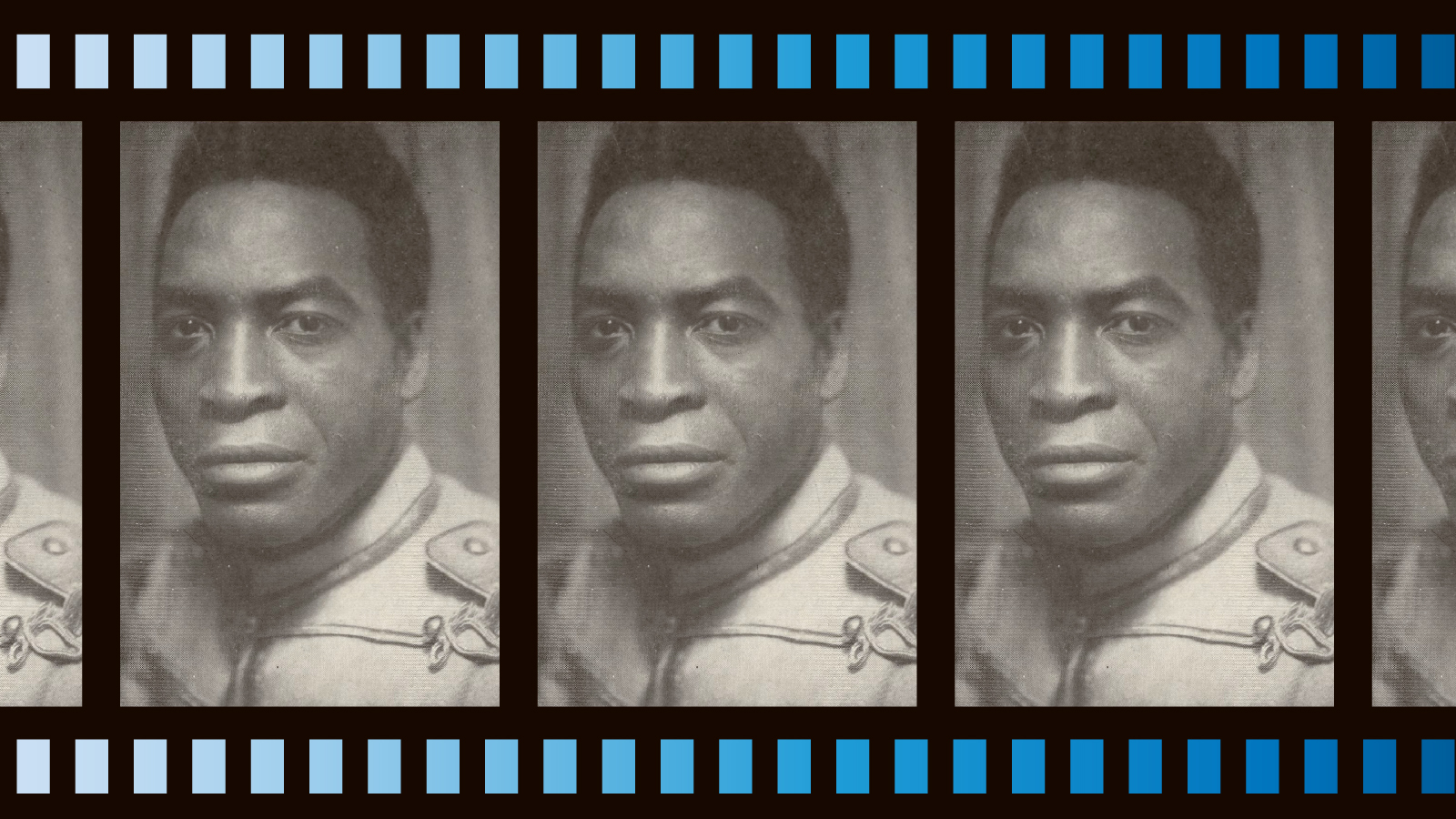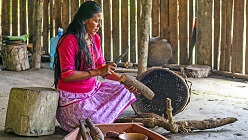By Jessica Weiss ’05
Lisa W. Carney, who completed her Ph.D. in the Department of Spanish and Portuguese last year, has won a 2021 Charles A. Caramello Distinguished Dissertation Award for her dissertation that explored the stories told about dreams in Kichwa, a Quechuan language spoken in Ecuador. The annual award, given by the Graduate School, recognizes four students who defended their dissertation in the previous calendar year.
Carney is currently a postdoctoral associate at the Latin American Studies Center and coordinator of the Dissertation Success Program at the Graduate School Writing Center.
“It matters profoundly what stories we as a society pay attention to and whose voices we listen to,” Carney said. “It means a lot to me to have been able to support the ongoing efforts of Amazonian indigenous communities to have their languages and knowledge recognized and supported more broadly.”
Carney holds a Bachelor of Arts in Spanish literature from Dartmouth College and a Master of Arts in Latin American literature and culture from the Ohio State University. While volunteering for a summer in Ecuador as an undergraduate, she heard Kichwa-speakers (who call themselves Runa) reference their dreams in decision-making processes. She was drawn to the narratives and storytelling techniques and set out to learn Kichwa to be able to dive deeper.
To research the topic, Carney made video recordings of Kichwa narrators as they told their dream stories, transcribed and translated the recordings and worked with a handful of Runa women to learn to interpret the stories.
Carney found that Runa tell the stories of their dreams when they learn something valuable from the dream experience. Her dissertation, “By the Authority of Dreams: Truth and Knowledge in Kichwa Muskuy Narratives,” explores the storytelling elements and their significance.
“They use a range of performative techniques like gestures, vocal modulations and descriptive language to evoke imagery and emotion,” she said, “which is key to conveying their credibility as speakers and the authoritativeness of the knowledge they are sharing.”
Carney’s larger research interests include indigenous cultural production, like narrative and song.
Though researching and writing her dissertation was challenging, Carney said she was propelled by the collaborative nature of the work and the opportunity to recognize the artistry and knowledge of the Runa women she worked with.
“I kept myself motivated by thinking of the collaborators who generously shared their knowledge and time with me in hopes of promoting their communities’ values,” she said.






